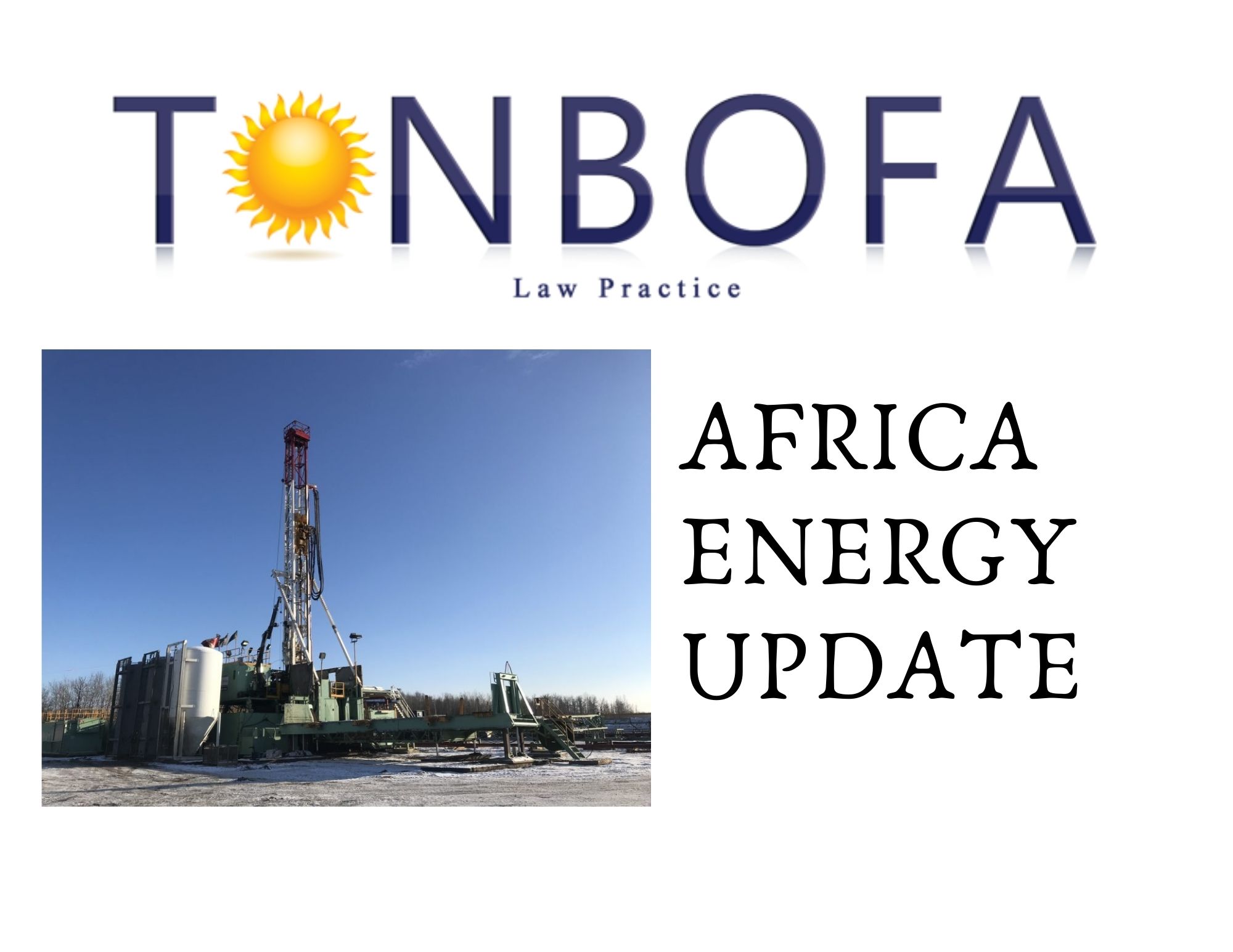by TONBOFA LP

The inability of companies to pay their debts may give rise to occasions of creditors exercising their statutory powers to declare the company insolvent and unable to pay debts. In some countries, due to the Covid-19 business constraints, companies unable to pay their debts are taking the first step in arranging their debts by applying for the courts to assist them in reaching payment plans with creditors.
Nigeria’s Statutory Right for Creditors
Creditors are enabled by the provisions of Section 408 and
409 of the Nigerian Companies and Allied Matters Act (CAMA) to apply
before the Federal High Court “the Court” to wind up a
company where it is unable to pay its debts. A company is deemed unable to
pay its debts where a creditor to whom a company is indebted in the sum of N2000 due has served on the company by
leaving at its registered office or head office a demand requiring the company
to pay the sum due and the company has for three weeks thereafter neglected to
pay. Section 409(a)-(c) CAMA.
Company’s Control Option
A company that is: (a) currently unable to pay its debts due to the Covid-19 constraints, (b) has multiple creditors, (c) is unable to reach payment plans with these creditors, (d) needs some time to operate and raise revenue and (e) has no plans of declaring insolvency, can propose a compromise or arrangement with its creditors or any class of them through the Federal High Court “the Court”. The compromise or arrangement may be such that the company arranges new payment terms and a repayment plan within its realistic means and based on the real facts of its business. The Court will upon receipt of the application, order a meeting of the creditors or members to be summoned as the Court directs. The arrangement will be put to a vote and where a majority representing not less than ¾ of the interest of creditors vote in person or by proxy and agree to the compromise or arrangement, the Court will refer the arrangement to the Securities and Exchange Commission which will appoint one or more inspectors to ensure the fairness of the compromise and make a report to the Court. Section 539 CAMA.
Pros and Cons
- The Court’s sanction shall be binding on all the creditors and the company.
- The company would have bought itself some peace from threats from creditors.
- The company must adhere to the arrangement terms, a default would lead to insolvency proceedings.
For more on this, kindly send an email to uchechi@tonbofa.com
Share
Africa Energy Update- ZIMBABWE: Solgas Energy commissions its 5 MWp Cross Mabale solar power plant Renewable energy producer Solgas Energy is commissioning its Cross Mabale solar power plant in the northern Matabeleland province. The plant, which is connected to the Zimbabwean national grid, has a capacity of 5 MWp. A solar photovoltaic power plant goes into
The passage and signing of the highly anticipated Petroleum Industry Act is a landmark in the oil and gas industry. The Act provides legal, governance, regulatory and fiscal framework for the Nigerian Petroleum Industry and development of Host Communities. For more information on key provisions of the Act click here to learn more
FG Okays N35bn For NEPZA Power Station The federal government yesterday approved the sum of N35billion for the building of a power station by the Nigerian Export Processing Zone Authority (NEPZA) in Akamkpa, Cross River State. ØMinister of Industry, Trade and Investment, Niyi Adebayo, disclosed this to State House correspondents after the virtual federal executive





